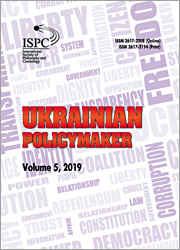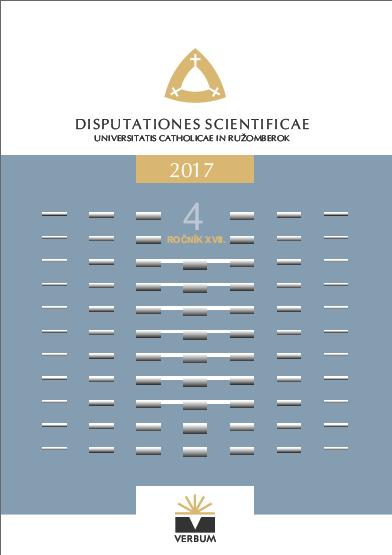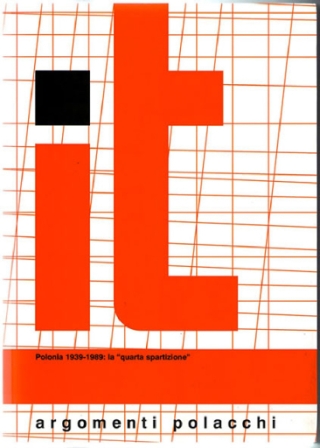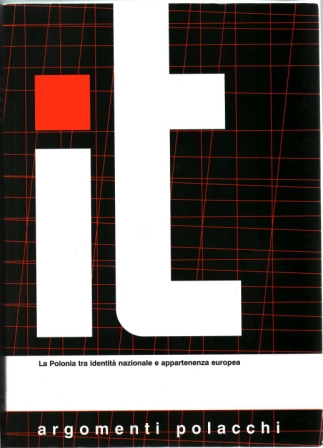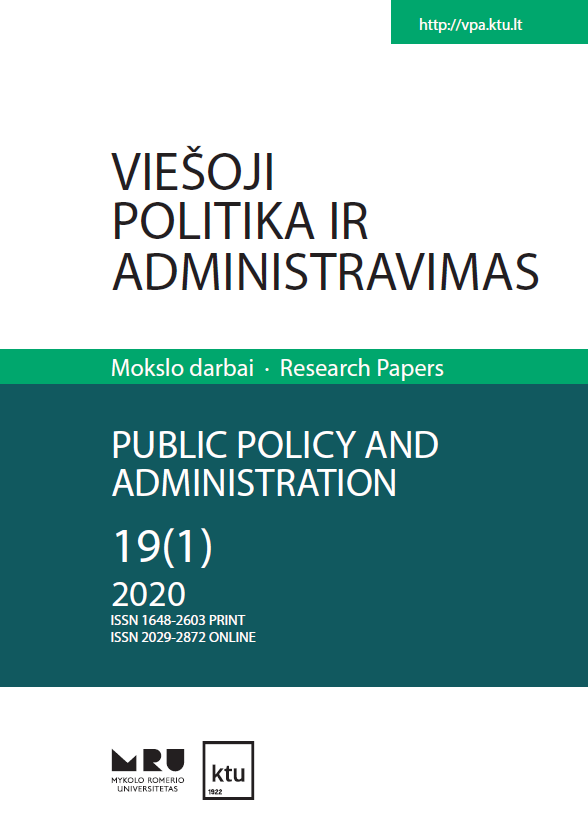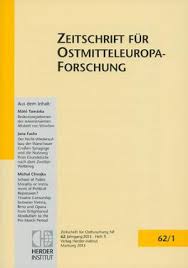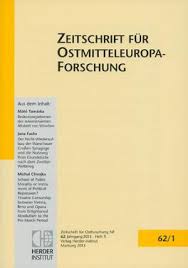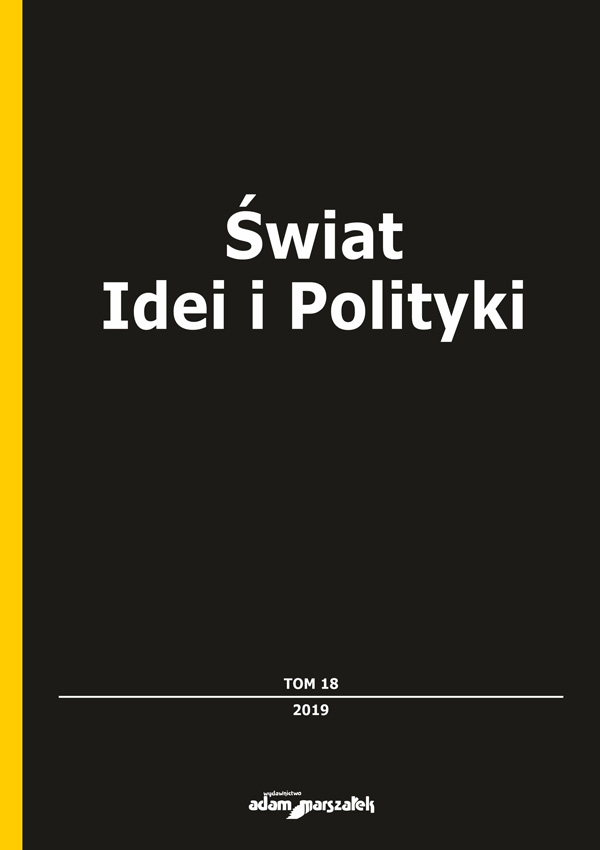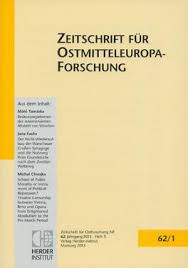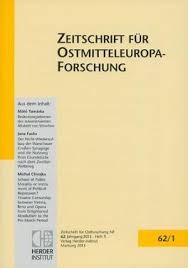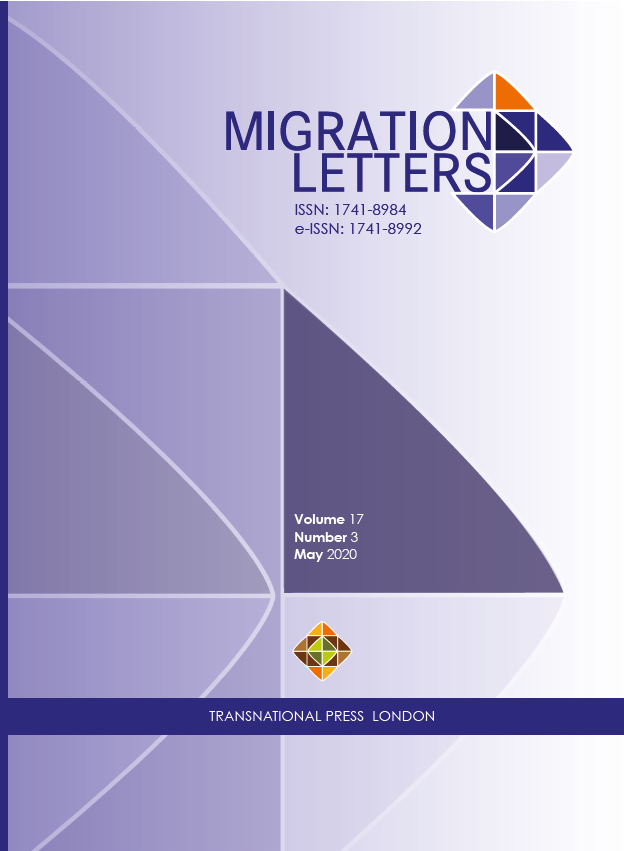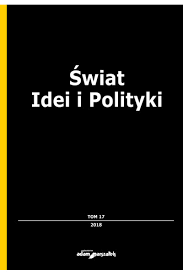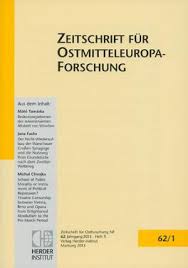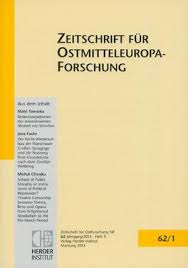Author(s): Daniel Schümann,Christian Prunitsch / Language(s): German
Issue: 4/2016
To this day, Benedykt Dybowski (1833-1930), a zoologist of Polish origin, is still considered a key protagonist in the history of the life sciences in Eastern and Central Eastern Europe in the nineteenth and early twentieth centuries. Before he was exiled for his part in the January 1863 Uprising, he was one of the first Poles to include detailed information about Charles Darwin’s theory of evolution in his lectures, at Warsaw’s Szkoła Główna (Main School), the institutional nucleus of what the Russian authorities later reorganized into the Imperial University of Warsaw. Dybowski’s scientific impact was based on research he conducted in Siberia during his exile, mostly in the depths of Lake Baikal, where he studied the endemic Gammaridae. The zoologist also researched sponges which he (mistakenly) thought were evidence that the world’s largest body of freshwater was an example of evolution by isolation, assuming that the idiosyncratic fauna developed from prehistoric maritime origins. Dybowski also masterminded field trips into the basins of some of the rivers draining southern and south-eastern Siberia (e. g. the Onon, Argun, and Amur), where he discovered various new bird species. Nevertheless, the zoologist’s name is mostly synonymous with his research on and in Lake Baikal. Using makeshift technology, he and some fellow-exiles from Poland conducted a precise underwater survey of the depth of the lake near the village of Bol’šoe Goloustnoe (then Goloustnaya) in the winter of 1875/76. To illustrate Dybowski’s place in the history of modern biology, this paper highlights some characteristics of his scientific methods and œuvre. From the present-day perspective of globally active and well-connected research communities, Dybowski’s capacity for transnational networking and untiring Eurasian intercontinental travel appears decidedly more up-to-date than his improvised research equipment. Born into a community on the fringe of the historical Baltic multicultural space, his Polish origins enabled him to adapt to life and work in both a Russian superstrate language (in today’s Belarus and later in Siberia) and an underdeveloped and victimized Ukrainian substrate language (in Galicia, where he was finally appointed to a newly institutionalized chair in zoology at the University of Lwów (L’viv), the former Lemberg, in 1884). Since he gained one of his two doctorates in Berlin, he was also able to actively use the official language of the two other partitioning powers, which brought his findings to the attention of many scientists outside the Russian Empire. His Polish patriotism prevented him from assimilating too far into the linguistic communities in which he found himself, though the price for this was long years either in exile or in regions of the Russian Empire that were notoriously hostile to human colonization. In the early stages of his scientific career Dybowski sought to strike a delicate balance between a ‘hunter-gatherer’ approach, discovering new species, negotiating the conditions to preserve his collections and ship them to Central and Western Europe, and raising the funds essential for continuing his geo-zoological fieldwork in Siberia. His scientific acumen ensured that the positivist never got the upper hand over the pioneer, so Dybowski is still remembered in the regions that were linked to his scientific endeavours. Today, there are memorial sites dedicated to Dybowski in the Baikal district, on the Kamčatka Peninsula, and in Lwów. This commemorative legacy, together with the written legacy of his published scientific studies and diaries, demonstrates that Dybowski was a pivotal figure in the cultural osmosis of scientific ideas between East and West.
More...
